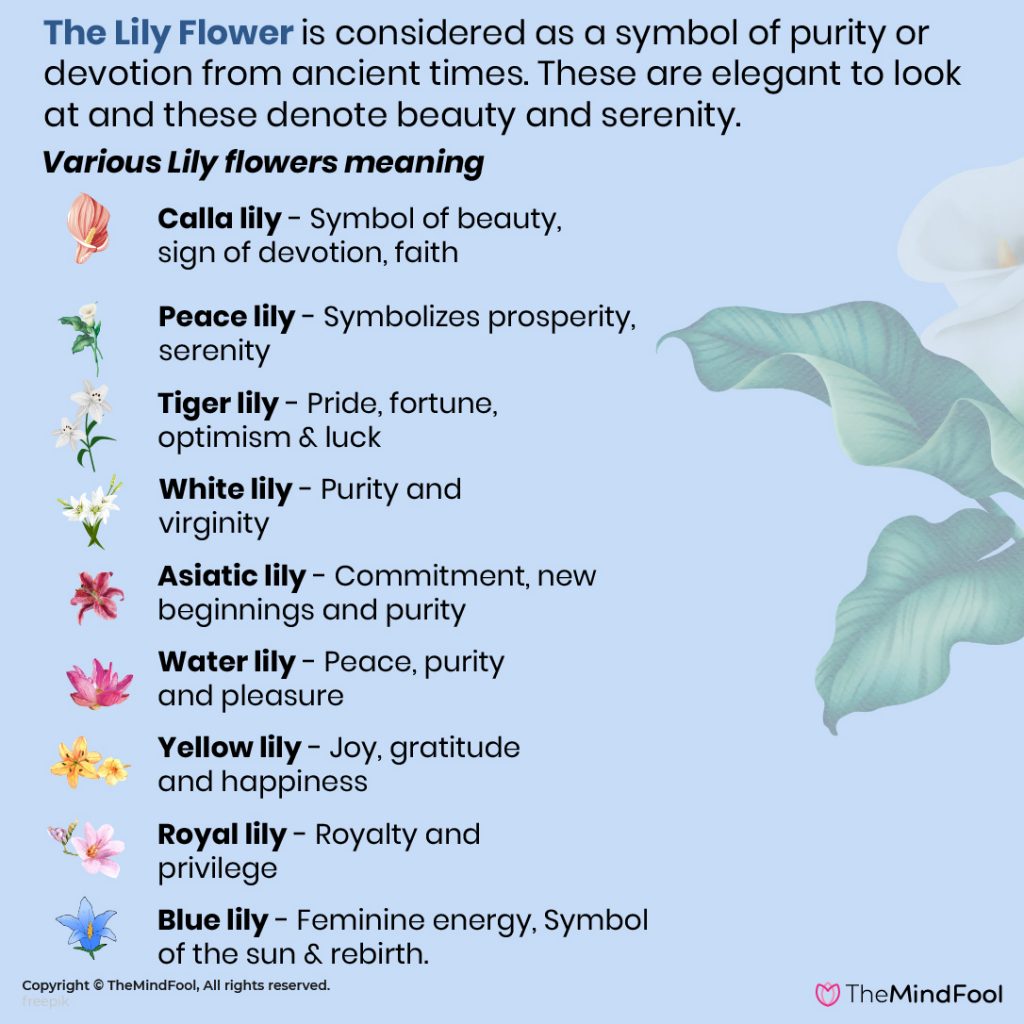
When the soul has reconstituted its subtle body, then it is ready to move on to higher worlds. Listen to Garuda Purana every day if possible, or at least from the 3rd, 5th, 6th, or 7th day.Offer Homa (fire offerings of Shanti Havan and Aaananda Havan) on the tenth day.

After offering pinda daan on the tenth day, shave hair, prune nails, bathe, and change into new clothes and new sacred thread (yagyo paveeta).If the Antyeshti rites begin after several days, all the pindas for the preceding days can be offered on the day that the rites commence.If it is not possible to offer pinda daan each day, then "Give three (pindas) on the third day, two on the fifth day, two on the seventh day, two on the ninth day and one in the tenth day.”.Offer pinda daan every day from first to the tenth day.Offer deepa and water to a peepal tree every day.Offer a deepa (ghee) lamp to the deceased and keep it burning continuously throughout the Antyeshti Kriyas.After offering the pindas to the departed soul, the pindas are immersed in a water body with prayers to Yama. Foods prepared by the immediate family of the deceased should not be shared with others during these 10 days. Pinda balls made of barley flour are offered to a photo of the departed family member decorated with flowers facing south. The merit that one earns by bathing in Ganga is such that the like of it is incapable of being earned through the acquisition of sons or wealth or the performance of meritorious acts. They who wish to make their birth, life, and learning fruitful should repair to Ganga and gratify the pitris and the Devas by offering them oblations of water. By seeing, touching, and drinking the waters of Ganga, or even by praising Ganga, hundreds and thousands of sinful men became cleansed of all their sins. By hearing of Ganga, by wishing to repair to that river, by drinking its waters, by touching its waters, and by bathing in them a person rescues both his paternal and maternal races. By holding that sacred stream, touching it, and bathing in its waters, one rescues one’s ancestors to the seventh generation, one’s descendants to the seventh generation, as also other ancestors and descendants. It is not recommended to keep a relative’s ashes around the home indefinitely.įrom Anushasana Parva of the MahaBharata, Bhishma tells Yudhishthira: “Those creatures whose bodies have been sprinkled with the sacred waters of Bhagirathi (Ganga Ji) or whose bones have been laid in the channel of that sacred stream, do not fall away from heaven at any time. Ideally within ten days the ashes are immersed in a river.In South India this is typically a Jackfruit tree. If there is no river for immersion near to the cremation site, then hang the ashes on a tree outside the house.

When collecting the ashes, Asthi Sanchayan Pinda (rice balls) are offered.

For extra credit, some traditions recommend to:


 0 kommentar(er)
0 kommentar(er)
